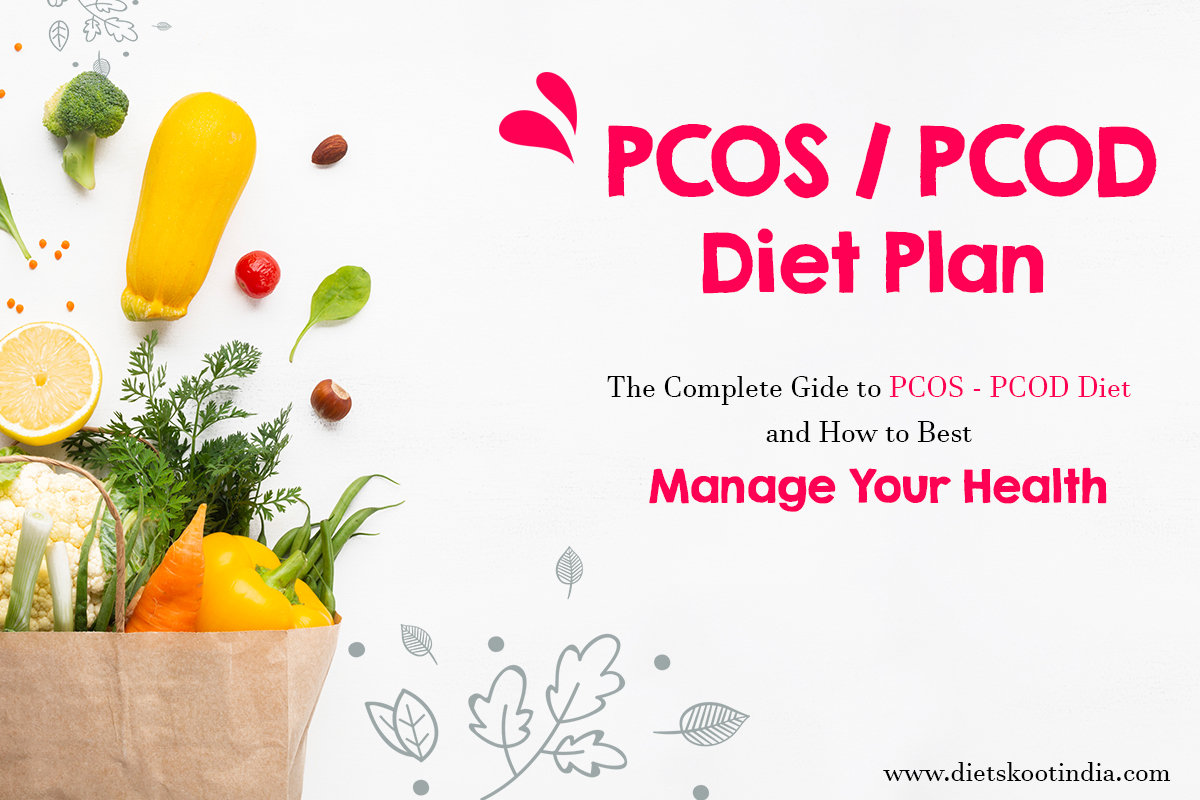
What is Polycystic Ovarian Syndrome (PCOS)?
PCOS is a health problem that can affect a woman’s menstrual cycle, fertility, hormones, insulin production, heart, blood vessels, and appearance. Women with PCOS have these characteristics:
What are the symptoms of Polycystic Ovarian Syndrome (PCOS)?
These are some of the symptoms of PCOS:
What tests are used to diagnose Polycystic Ovarian Syndrome (PCOS)?
Tests: Hormon tests,USG
, If you are producing too many male hormones, the doctor will make sure it’s from PCOS.
Nidana: Causes
Dietary Recommendations for PCOS
The following recommendations can help you plan your diet.
Do not eat carbohydrates by themselves. Instead, combine them with a protein and / or fat
Try to select lower glycemic index foods as they will cause a slower rise in blood sugar. (Glycemic index is an indicator of how rapidly the food turns to sugar in the blood). The lower glycemic carbohydrates tend to have more fiber than the higher glycemic foods. For example, bran cereal (10 gm fiber/1/2 cup) has a lower glycemic index than cornflakes (1 gm fiber/1/2 cup). In other words, select breads, grains and cereals that are as unprocessed as possible. Do not take your carbohydrate levels so low that you induce ketosis. Eating less than 40 grams of carbohydrate a day may induce ketosis. Space the carbohydrates out during the day. This will cause less of rise in blood sugar and insulin peak as compared to eating all carbohydrates at one meal. Avoid those carbohydrates that trigger more hunger or cravings (ie. pasta triggers craving for some people).
Nidana: Causes
Rupa: Symptoms
lack of regular ovulatory cycles (i.e. no ovulation), menstrual irregularity, infertility, obesity, acne, excessive hair growth, hirsutism, hair loss.Kapha predominance manifests as increased weight, infertility, hirsutism, diabetic tendencies, coldness
Pitta predominance manifests as hair loss, acne, painful menses, clots, heart problems
Vata predominance manifests with painful menses, severe menstrual irregularity, low weight, coldness.
General treatment:
· Karela/ Bitter melon (Momordica charantia): reduces fasting & postprandial blood glucose without increasing insulin & appears to enhance tissuesensitivity to insulin.
· METHI (Trigonella foenicum-graecum): reduces fasting blood glucose without increasing insulin.
· Gurmar (Gymnema sylvestre): Helps to reduce blood sugar levels
· Nervines: To help with stress of amenorrhoea and infertility. Ashwagandha may be useful here
· Fibre: reduces fasting blood glucose without increasing insulin
· Black pepper is high in chromium and can assist in balancing blood sugar levels.


